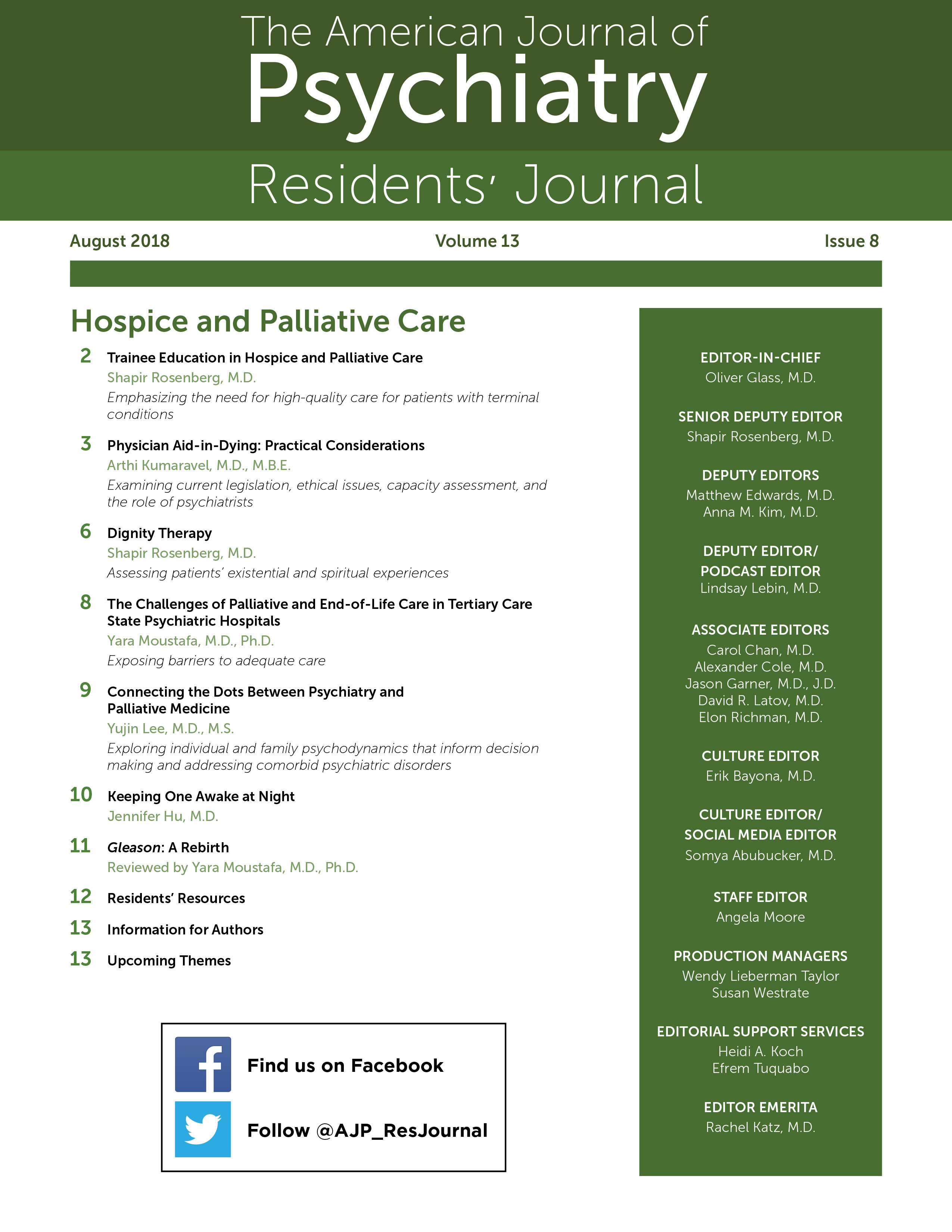Gleason: A Rebirth

The documentary Gleason, directed by Clay Tweel, is a captivating chronicle of a life experience. Released in 2016, it tells the true story of Steve Gleason, a renowned former professional football player who was diagnosed with amyotrophic lateral sclerosis (ALS) at age 33. The impetus for the film was Gleason's decision to create a video diary of his life for his then-unborn son.
The documentary begins with flashbacks of Steve leading his NFL team, the New Orleans Saints, to a victorious season after Hurricane Katrina devastated that city in 2006. In 2011, Steve is diagnosed with ALS. Six weeks later, his wife learns that she is pregnant. Initially, Steve pushes hard to seemingly defy his degenerative illness. However, as the disease progresses, he realizes that his body and his life are changing and that he has to bid farewell to his old self and become the "new Gleason." In 2012, a statue named Rebirth is dedicated to him at the New Orleans Superdome as a symbol of his transformation through his life-limiting illness as well as the city's emergence from Hurricane Katrina.
The film shows Gleason's joy over the birth of his son and his agony over not being able to play with his child as his health deteriorates over time. The documentary highlights the extraordinary support that he receives from his family as well as his personal hardship and distress, touching on issues relating to religious faith and the purpose of suffering. Vividly captured is Gleason's struggle to cope with a life that depends on the full-time assistance of others. Indeed, one masterful scene depicts his loss of bowel control soon after a failed attempt at stem cell therapy. He demonstrates courage in choosing to display this humiliating human experience on screen for audiences to see.
Conveyed is the challenge of a once heroic athlete experiencing a rebirth as he grieves the loss of identity. He mourns the loss of an old identity of the superhero athlete and experiences a resurrection—the emergence of the new Gleason who has been living purposefully, despite being wheelchair-bound, using a ventilator to stay alive and a computer through which to talk, and being unable to laugh or tell a joke. Like the phoenix rising from the ashes, he is amazingly able to lead his charitable organization, Team Gleason, to stand for ALS patients and to successfully advocate for the passing of the Steve Gleason Act, signed by President Obama in 2015, which mandates that Medicare provide coverage for the eye-to-speech device.
Gleason leaves us speechless with his amazing love for life and perseverance to survive. He also leaves us perplexed with two important existential questions: What is the quality of life that we aim for, and how far should patients pursue new treatments that could result in more suffering? Moreover, the film raises very pivotal questions surrounding the care of patients with terminal conditions. It is rather frightening to imagine complete dependence on mechanical devices to stay alive. What does it really mean to be alive, and what is the real face of death? As psychiatrists in training, we must think about what is most meaningful to our patients with terminal diagnoses and how to assist them in their exploration of their new selves, as well as how to assist them through the periods of loss and rebirth that accompany incurable illness.



